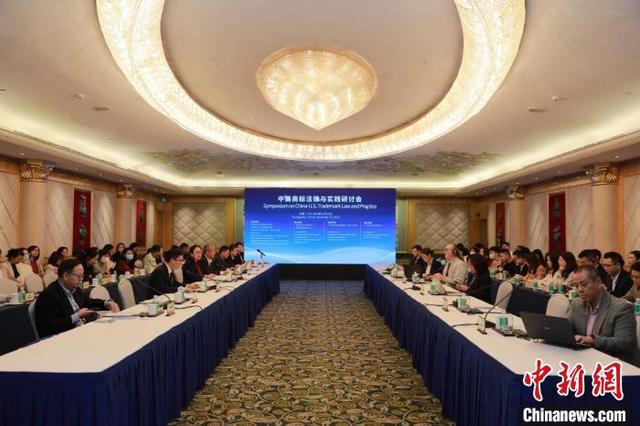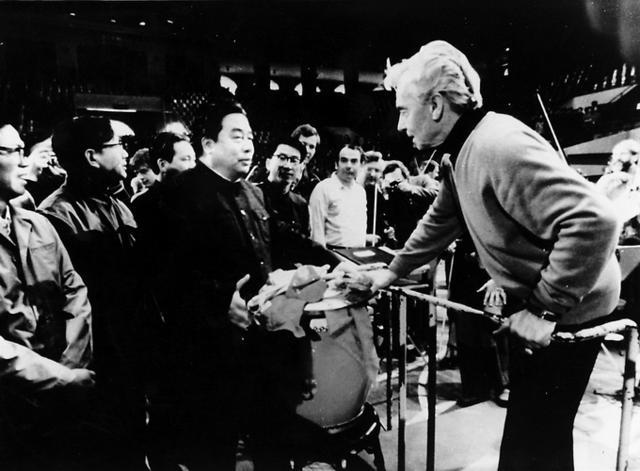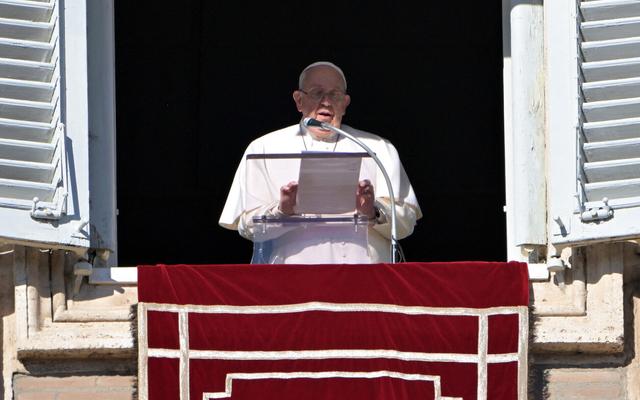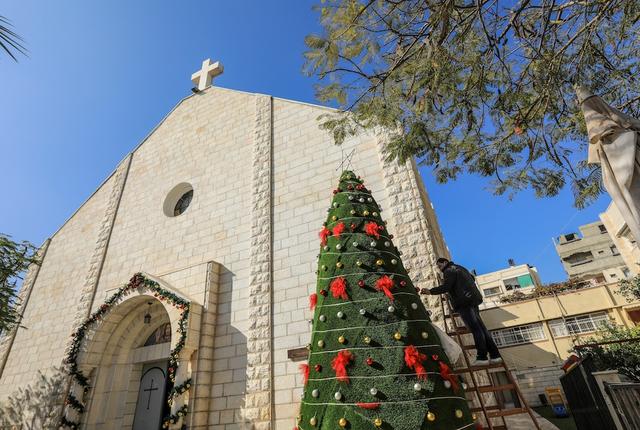Sino-US seminar on trademark law promotes exchanges and cooperation in trademark law practice between the two sides.
Zhongxin. com, Guangzhou, December 19 (Wang Jian, Li Songyu) According to the news of Guangdong Intellectual Property Protection Center on the 19th, following the international seminar on judicial protection of intellectual property rights and the latest development forum in China-EU trademark field, the Sino-US trademark law and practice seminar was also held in Guangzhou recently.

Seminar site. Photo courtesy of the conference organizing Committee
The seminar was hosted by China National Intellectual Property Administration International Cooperation Department, American Lawyers CNIPA Liaison Committee, Guangdong Provincial Market Supervision Administration (Intellectual Property Office), and undertaken by Guangdong Intellectual Property Protection Center. Introduce the latest progress of Chinese and American trademark laws and regulations to Chinese and American legal circles, intellectual property practitioners, export-oriented enterprises and cross-border e-commerce, and exchange practical operations of trademark application, rights acquisition and rights protection between the two countries. Nearly 100 representatives from China and the United States attended.
The organizing committee of the seminar said that the conference further enhanced the exchange and cooperation of trademark law practice between China and the United States, promoted the "soft connection" of legal services in the field of trademarks between China and the United States, and provided new perspectives and new ideas for Guangdong to promote the "preferred place" of international trademark rules convergence, mechanism docking highland and international pragmatic cooperation in intellectual property rights, and to create a more market-oriented, legal and international business environment and innovation environment.
Yuan Qi, a first-class inspector of China National Intellectual Property Administration International Cooperation Department, said that intellectual property rights have always been an important part of Sino-US exchanges. China National Intellectual Property Administration has been committed to promoting official and non-governmental intellectual property exchanges and cooperation between China and the United States. The purpose of this seminar is to help Chinese and American users better understand the latest development and practice of intellectual property rights system between China and the United States, exchange and discuss intellectual property issues of common concern, further deepen understanding, enhance mutual trust, and better serve innovation subjects and market subjects.
Liu Jianxin, deputy director of Guangdong Intellectual Property Protection Center and director of Guangzhou Trademark Review and Cooperation Center (Guangdong Intellectual Property Development and Service Center), said that with the guidance and support of China National Intellectual Property Administration, Guangdong has made great efforts to improve its intellectual property policies and regulations system. The docking of trademark legal system provides a new useful reference for Guangdong to better integrate into the overall pattern of international governance of intellectual property rights and better serve the export-oriented enterprises in Guangdong.
In the interactive communication session, the delegates and participants had in-depth discussions on the difficulties in applying for trademarks in the United States, how to confirm whether unregistered trademarks are infringing, and how to deal with trademarks frozen because of lawyers’ qualifications. (End)
Reporting/feedback


